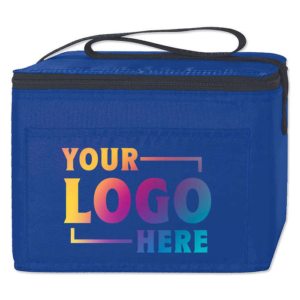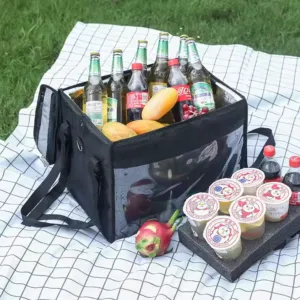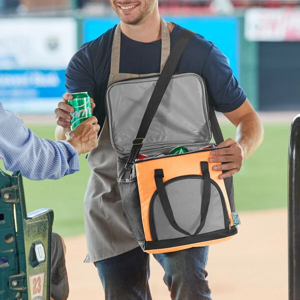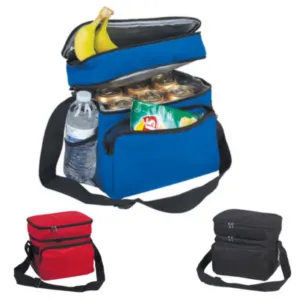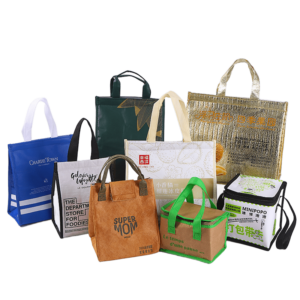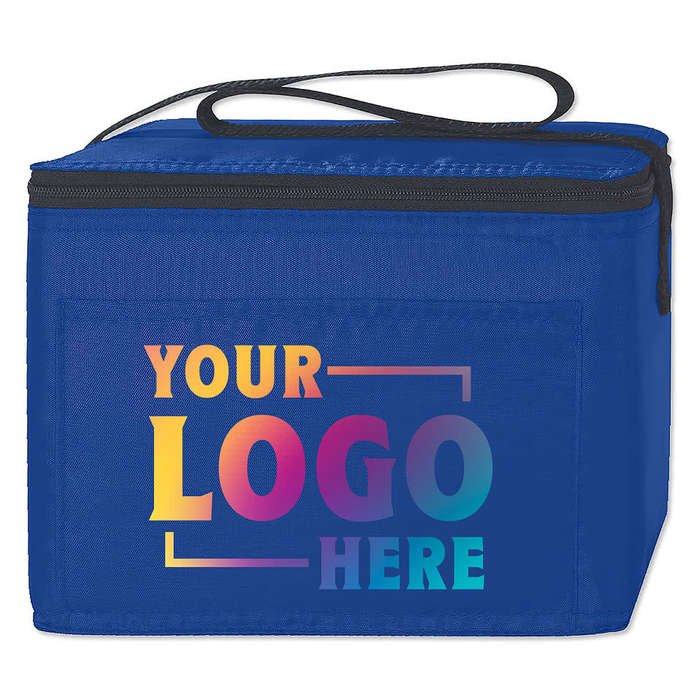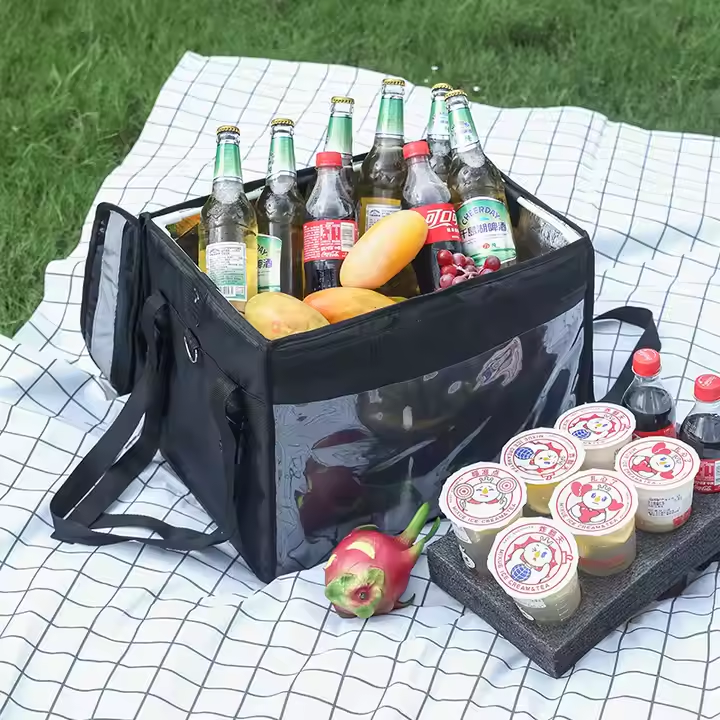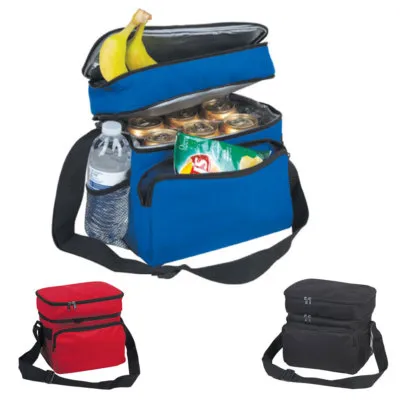Shipping canvas bags efficiently is essential for protecting your products and showcasing your brand’s professionalism. These 10 packaging tips are based on practical experience and expert practices to ensure smooth, safe deliveries every time.
10 Canvas Bag Packaging Tips for Smooth Shipping
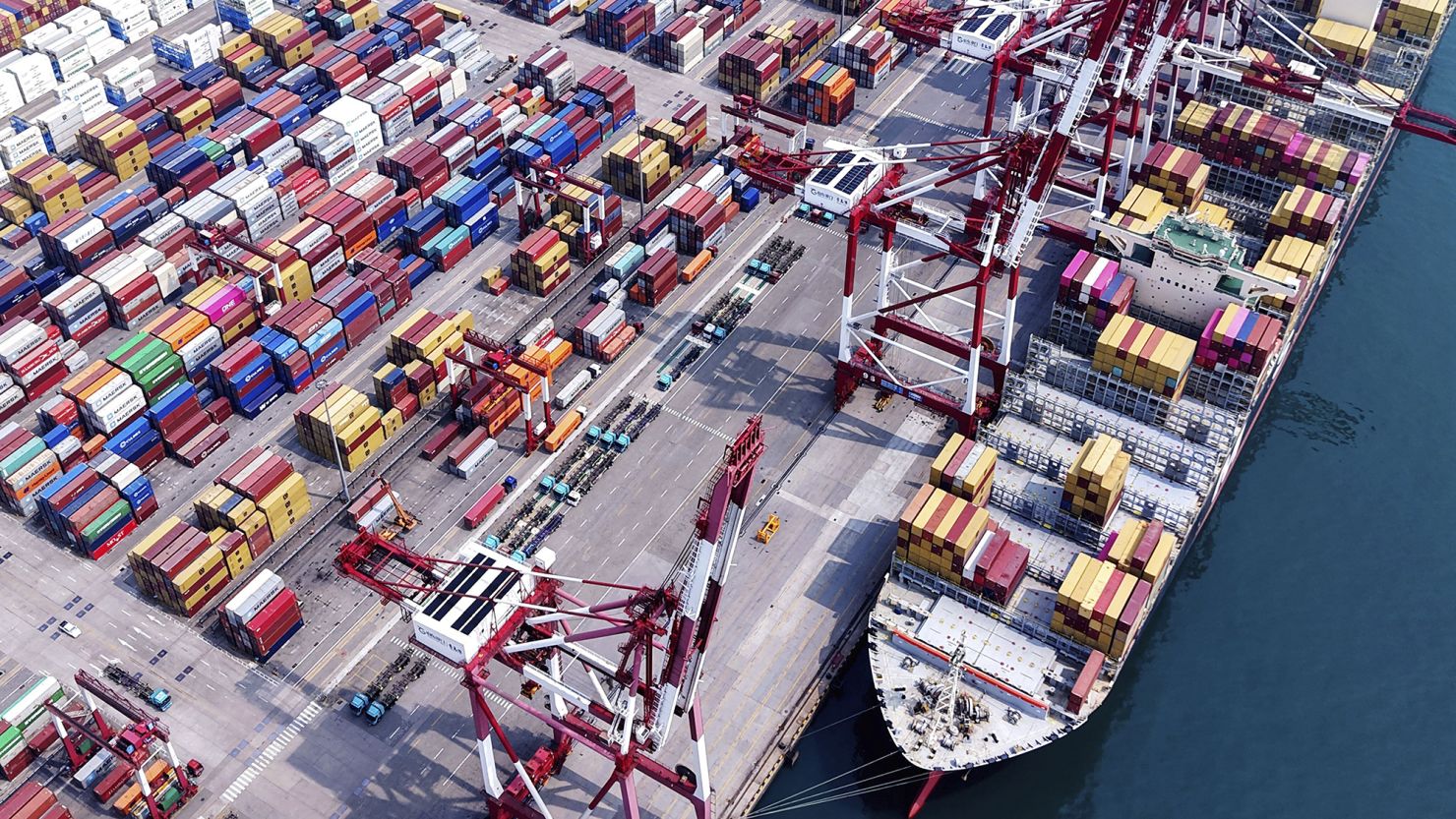
To ship canvas bags safely and professionally, ensure cleanliness, use the right materials, and prioritize brand presentation and sustainability.
Keep reading to master canvas bag packaging1 from preparation to eco-friendly finishing touches.
1. Prepare and Clean the Bag
Ensure each canvas bag is clean, free of debris, and visually appealing before shipping.
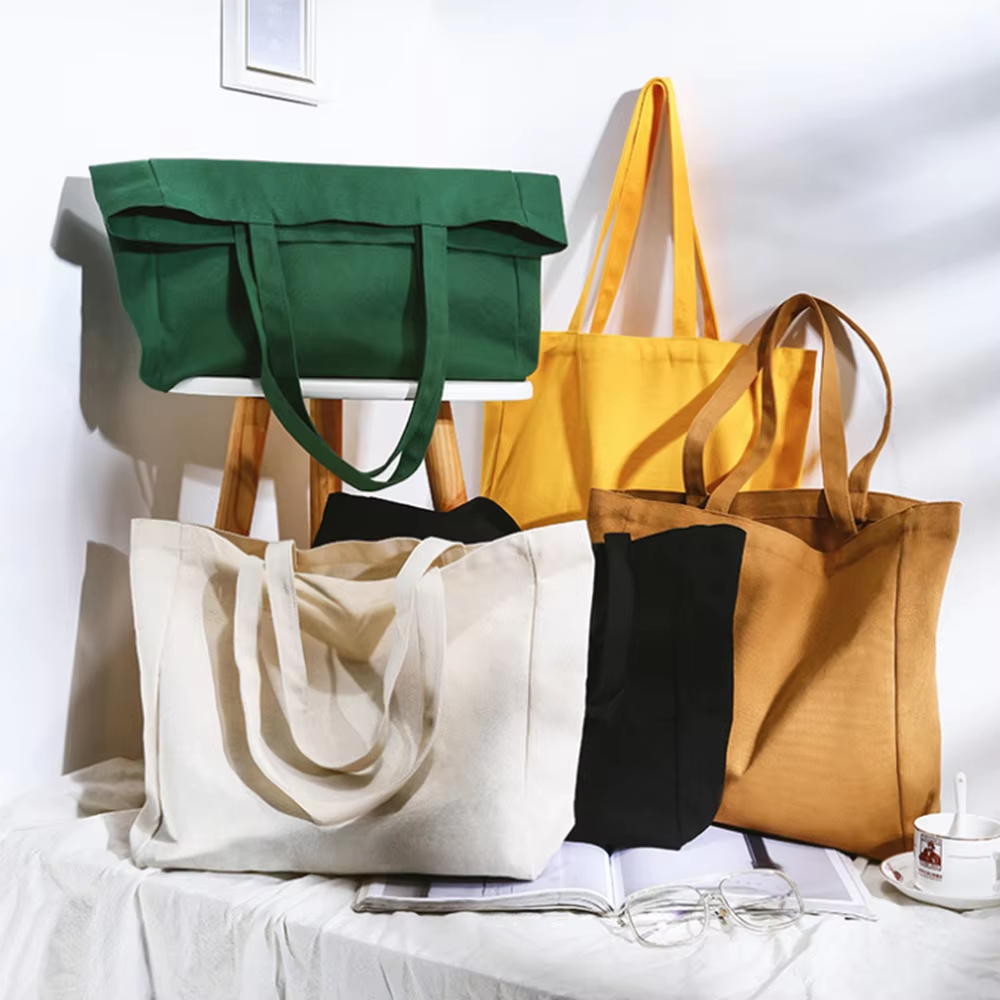
A dirty or dusty bag reflects poorly on your brand. Before packaging, inspect each canvas bag thoroughly. Remove any loose items, shake out the inside, and clean visible marks with a slightly damp cloth. Let the bag dry fully if you use moisture.
Why Cleanliness Matters
Clean bags enhance customer satisfaction. It also reduces the chances of returns or complaints due to perceived low quality.
| Step | Action |
|---|---|
| Inspection | Check inside and outside |
| Cleaning Tool | Use a damp cloth for surface dirt |
| Drying | Air-dry before packing |
2. Fold or Roll the Bag Neatly
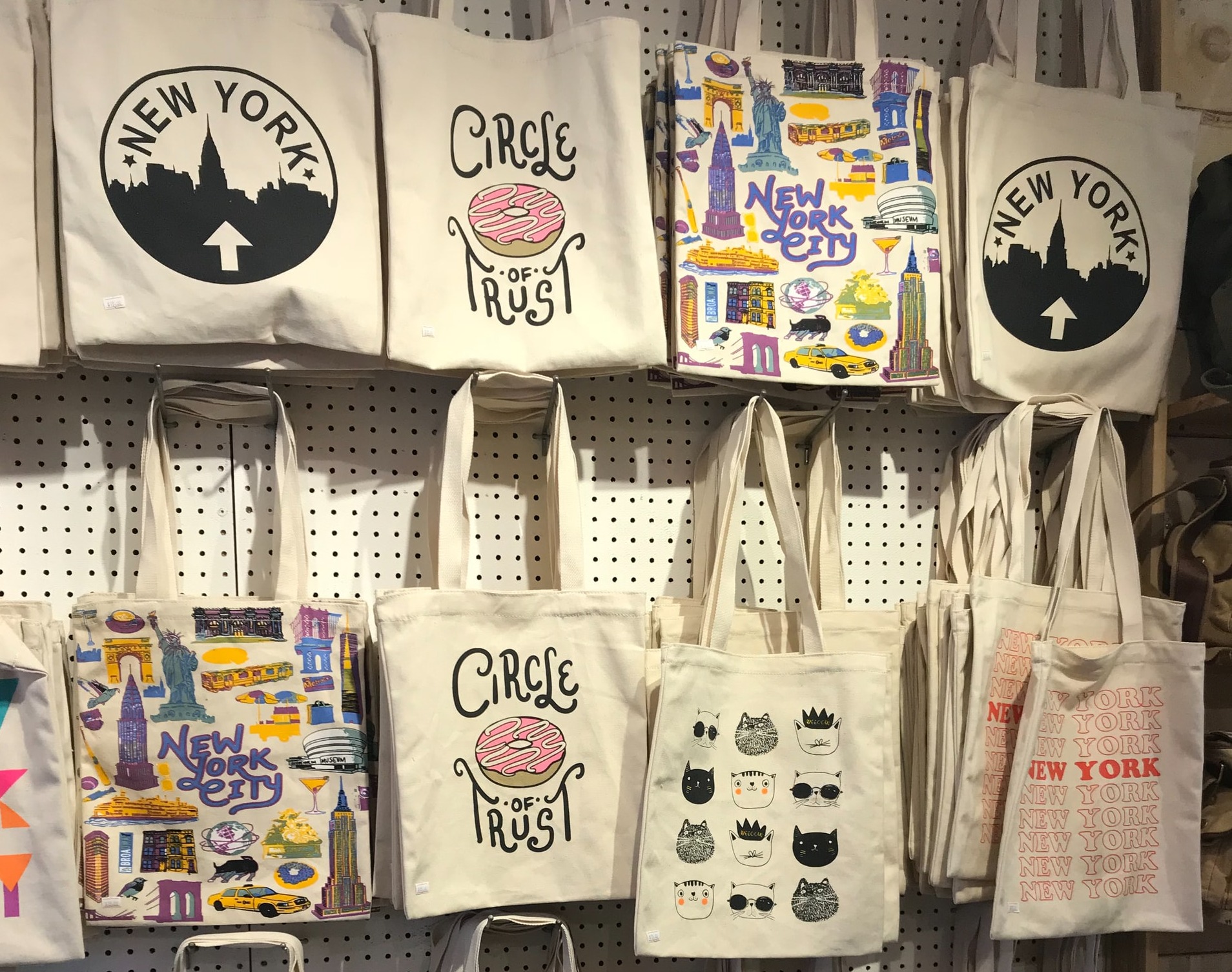
Fold the handles first, then flatten the bag and fold it into thirds or quarters depending on its size. For smaller or soft-structured bags, rolling them can be even better. Neat packing improves the unboxing experience and reduces the risk of damage.
Folding vs. Rolling
- Folding works best for large, flat bags.
- Rolling fits smaller or soft canvas bags.
| Method | Best For | Benefit |
|---|---|---|
| Folding | Structured bags | Maintains shape |
| Rolling | Soft, flexible bags | Saves space |
3. Use the Right Packaging Material
Match the bag type with suitable outer packaging.
Choose from poly mailers, padded envelopes, or cardboard boxes. Lightweight bags can go in poly mailers, while boxes offer better protection for structured or bulkier canvas bags. Padded envelopes are ideal for medium-sized, semi-structured bags.
Packaging Guide
| Bag Type | Recommended Packaging |
|---|---|
| Lightweight, soft | Poly mailer |
| Structured/delicate | Cardboard box |
| Small/mid-size | Padded envelope |
4. Add Protective Wrapping
Shield your bags from rough handling and impacts.
Wrap canvas bags in tissue paper or bubble wrap. This adds an extra layer of protection against pressure and scratches. For box shipments, include inner padding to prevent movement.
Wrap Smart
| Material | Use Case |
|---|---|
| Tissue paper | Light protection, better look |
| Bubble wrap | Stronger protection during transit |
5. Stuff the Bag if Needed
Prevent structured bags from collapsing during shipping.
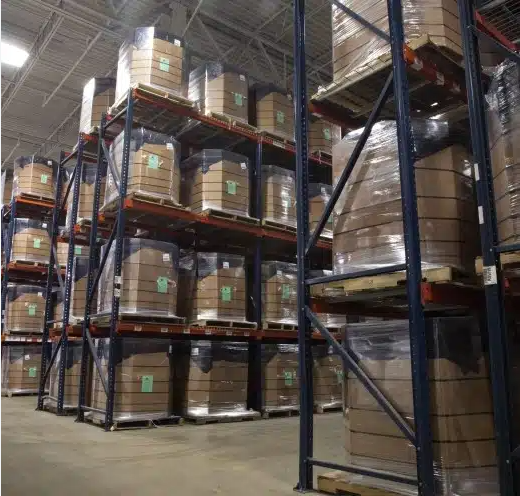
For canvas bags that hold their shape, gently stuff the interior with kraft paper, tissue, or fabric scraps. This keeps the shape intact and avoids creases. Don’t overstuff — the goal is support, not bulk.
Maintaining Bag Shape
| Fill Material | Benefit |
|---|---|
| Tissue/kraft | Lightweight, moldable |
| Fabric pieces | Reusable and eco-friendly |
6. Secure the Package Properly
Seal every package securely to prevent accidents in transit.
Use heavy-duty packing tape to seal envelopes or boxes. Reinforce corners and seams. For boxed shipments, consider adding tape or strapping inside to keep bags in place.
Taping Tips
| Location | Action |
|---|---|
| Box seams | Double-tape for reinforcement |
| Flaps/corners | Extra tape to prevent tears |
7. Use Inserts or Dividers
Avoid internal movement with smart packing tools.
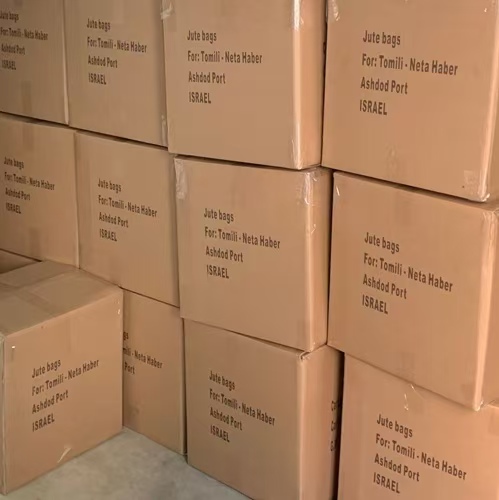
Use cardboard dividers or inserts when shipping multiple bags or structured designs. These not only prevent shifting but also improve the product presentation upon opening the box.
Insert Options
| Tool | Use Case |
|---|---|
| Cardboard dividers | Multiple bag shipments |
| Foam inserts | Premium presentation |
8. Include Personal Touches
Create a memorable experience with small thoughtful items.
Slip in thank-you notes, branded stickers, or printed care instructions. A personal touch shows care and builds customer loyalty. This works especially well in B2B orders where impressions matter.
Small Extras, Big Impact
| Item | Purpose |
|---|---|
| Thank-you card | Customer appreciation |
| Care guide | Reduces customer queries |
| Branded tissue | Enhances brand feel |
9. Brand Your Packaging
Build recognition with custom visuals.
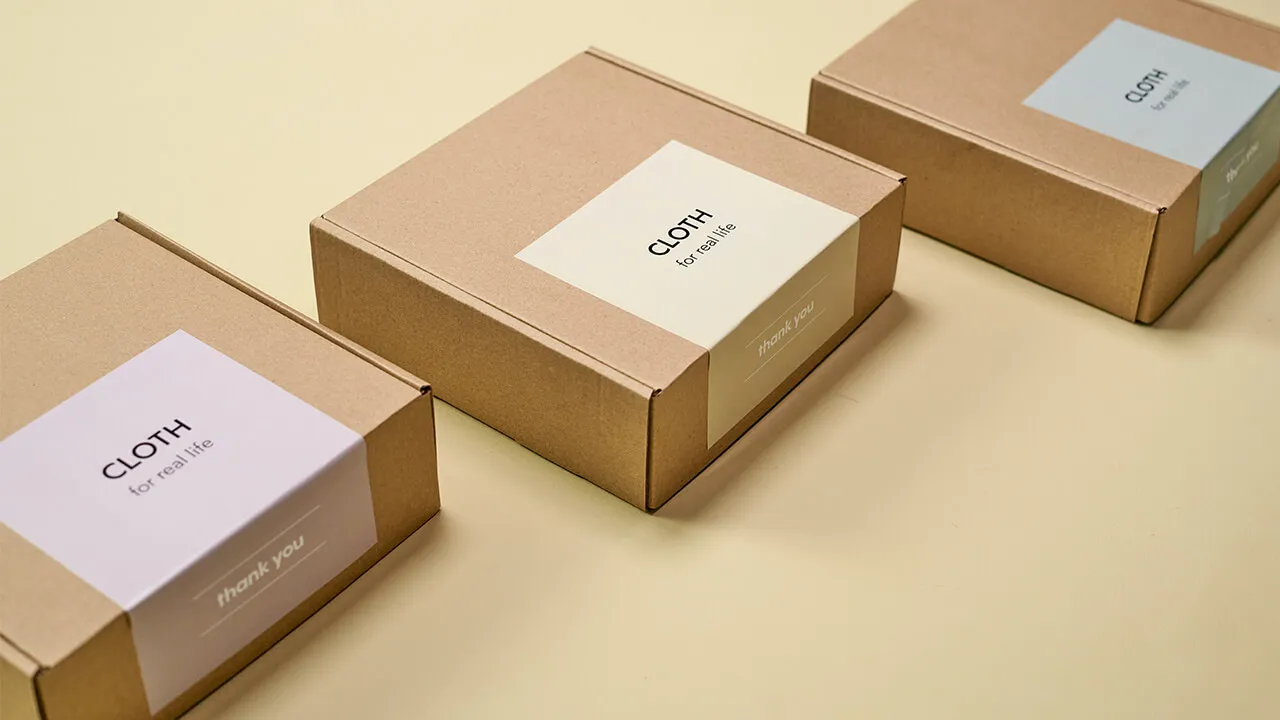
Print your logo on tape, stickers, or boxes. Consistent branding increases customer trust and helps you stand out. Even small branded elements reinforce your professional image.
Brand Options
| Element | Customizable Area |
|---|---|
| Tape | Logo or tagline |
| Mailer/Box | Full print or sticker |
| Tissue Paper | Subtle logo pattern |
10. Prioritize Sustainability
Eco-friendly shipping earns long-term customer trust.
Use recyclable boxes, biodegradable bubble wrap, or kraft paper instead of plastic. This reduces your carbon footprint and appeals to eco-conscious buyers. Make sure to mention this on your packaging or inserts.
Sustainable Choices
| Eco Option | Benefit |
|---|---|
| Kraft paper | Easily recyclable |
| Biodegradable wrap | Lower environmental impact |
| Recycled boxes | Promotes circular economy |
Conclusion
Packaging canvas bags well is more than just protection — it’s a statement of your brand’s quality and professionalism. From cleaning and folding to using the right packaging materials and sustainable practices, each detail adds value. In my own experience at JiaRong Packing, we’ve seen customer satisfaction improve significantly with branded, thoughtful packaging. Start applying these tips today and share your packaging innovations in the comments!
-
Explore this resource to learn effective techniques for packaging canvas bags that enhance protection and brand presentation. ↩


